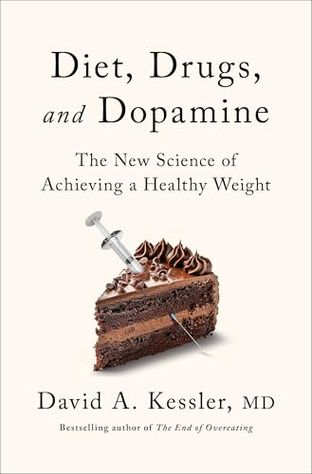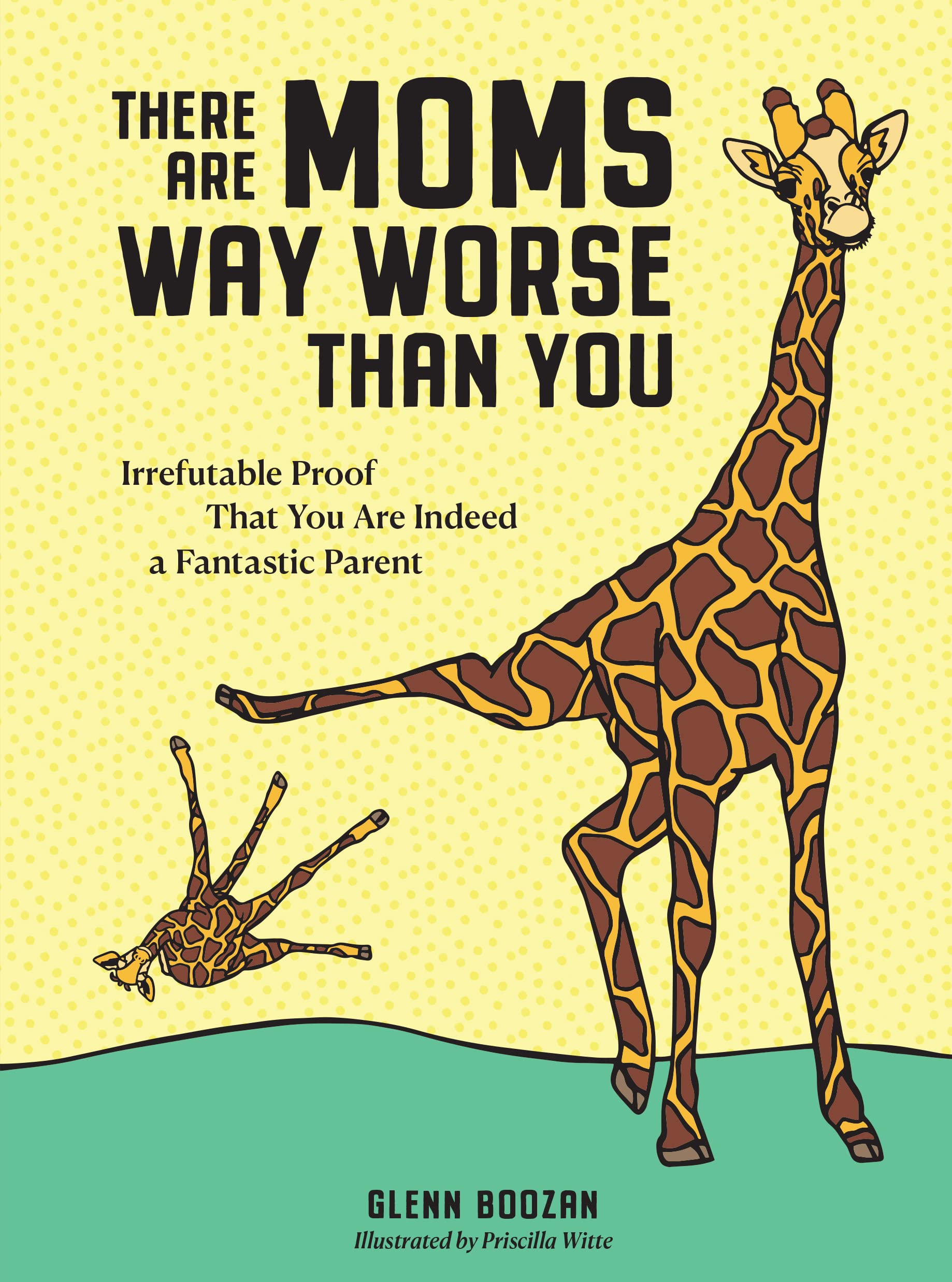Review of Diet, Drugs, and Dopamine
by Johny McFliggen, PhD Literature & Business, Oxford
"Diet, Drugs, and Dopamine" by David A. Kessler is not just a book; it's an expedition into the labyrinthine corridors of our brain's reward systems, the same ones that have been hijacked by the culinary equivalent of Willy Wonka’s chocolate factory. Kessler, wielding his FDA experience like a lightsaber cutting through the fog of industrial manipulation, explores how our diets and drug habits are less about willpower and more about the dopamine-fueled carnival ride our brains have been involuntarily strapped into.
Kessler's exploration into the realm of ultra-formulated foods and weight loss drugs reads like a deep-sea dive into the Mariana Trench of human behavior. With each chapter, he unravels the complexities of how hyper-palatable foods and addictive substances turn our brains into Pavlovian puppets—ring the bell, and we salivate. This is not merely an exposé but an urgent call to arms against the industries that profit from this neurological sleight of hand. This is akin to Neo realizing the Matrix isn't real but far more impactful since it involves actual cheeseburgers and not simulated steak.
The author's background as a former FDA commissioner provides him with a unique vantage point, or perhaps a high ground, from which he observes and critiques these industries. One might say he’s playing both Obi-Wan Kenobi and Sherlock Holmes in this narrative, using his knowledge to expose the wizard behind the curtain who’s pulling the levers of our cravings.
Public reception has been as polarized as one would expect when someone tells you your favorite meal is akin to a dopamine drip. Critics have applauded Kessler's ability to translate dense scientific content into something digestible for those who didn't major in neuroscience. However, some find themselves wading through jargon-heavy chapters, wishing for an occasional oasis of layman’s terms.
In comparing "Diet, Drugs, and Dopamine" to Kessler's earlier work "The End of Overeating," one can see a thematic evolution. While both books target the food industry's manipulative tactics, his latest work expands the lens to include drugs, thus offering a panoramic view of addiction that Stephan J. Guyenet's "The Hungry Brain" touches upon but doesn't quite encapsulate. This broader perspective is akin to upgrading from a monoscopic to a stereoscopic vision of behavioral science.
While it may not have garnered any golden accolades just yet, the book's impact on public health discourse is undeniable. It's a cerebral feast that challenges our understanding of free will in the face of chemical temptation—a must-read if you're ready to confront your pantry with the same skepticism one might reserve for a used car salesman.
In essence, "Diet, Drugs, and Dopamine" is both revelation and revolution, urging us to rethink the unseen forces guiding our hands from plate to mouth. It’s not merely about what we eat or consume, but about reclaiming control over our desires in a world designed to exploit them. So, grab your thinking cap—and possibly a dictionary—because this book demands nothing less than intellectual rigor from its readers.
Purchase Link: Diet, Drugs, and Dopamine on Amazon



